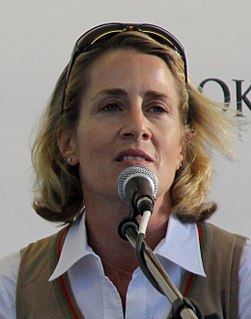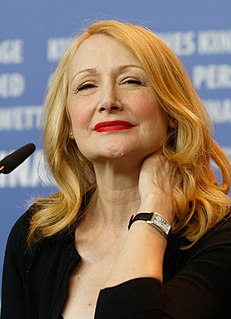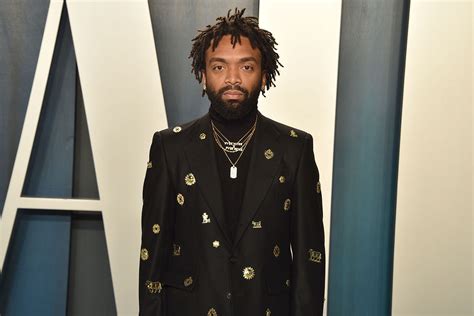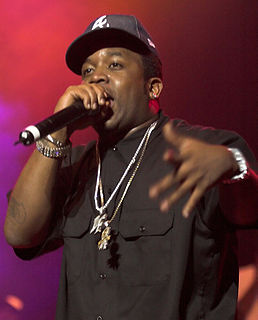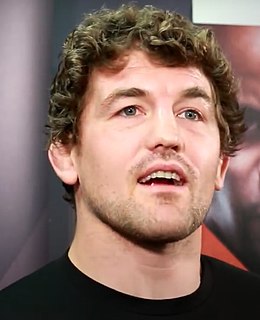A Quote by Cecily von Ziegesar
I went to Colby College in Waterville, ME and did picture it when I was writing 'Cum Laude.' So many of the physical details were included, like the loop where people jogged. The story of the chapel is also borrowed from Colby... but the students and cast of characters are fictional.
Related Quotes
One of the things that makes characters real is details. Life offers a lot of details. You just have to choose and use them wisely. When you give them to fictional people and a fictional story, their purpose and their meaning changes, so it's best to see the version in the book as fiction entirely, wherever it started out.
The elements of a good story are most definitely details, little bitty details. That does it, especially when you're describing, when you're setting the scene and everything. It's like you're painting a picture, so details are very important. Also, the music gotta be right. The music can really set the tone for the story and let you know what the story is gonna be about, but definitely, it's the vibe in the place where you at and the detail.
Writing fiction lets you be a little more emotional and unguarded, a little freer. Writing fictional characters is also really different from writing about real people. In nonfiction, you can only say so much about the people you interact with. After all, they're actual people, their version of their story trumps yours. In a novel, you can build a character, using certain parts or impressions of someone you know, and guessing or inventing others, without having to worry that your guesses or memories or inventions are wrong.
The people in this house, I felt, and I included myself, were like characters each from a different grim and gruesome fairy tale. None of us was in the same story. We were all grotesques, and self-riveted, but in separate narratives, and so our interactions seemed weird and richly meaningless, like the characters in a Tennessee Williams play, with their bursting unimportant, but spell-bindingly mad speeches.
